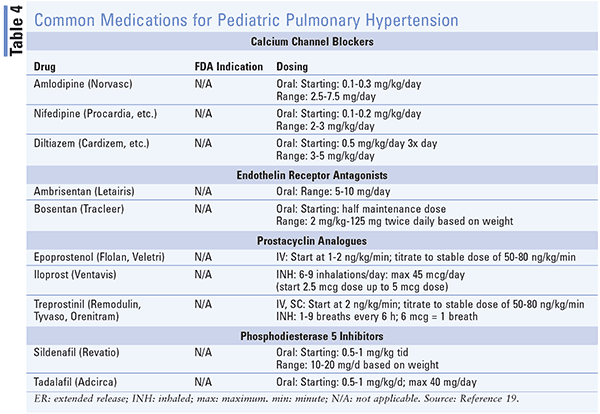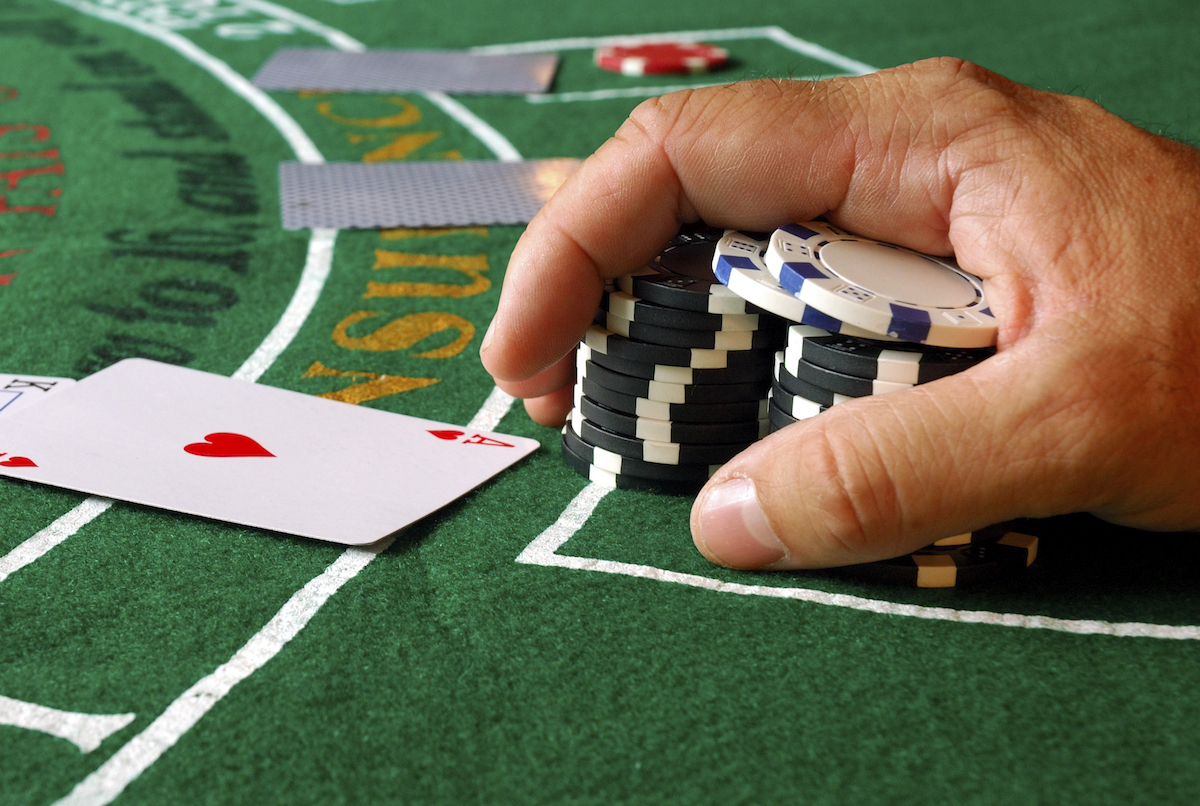Drugs Causing Pathological Gambling
- Drugs Causing Pathological Gambling Disorder
- Pathological Gambling Statistics
- Drugs Causing Pathological Gambling Addiction
- Diagnostic Criteria For Pathological Gambling
Drugs Causing Pathological Gambling Disorder
Compulsive gambling is being unable to resist impulses to gamble. This can lead to severe money problems, job loss, crime or fraud, and damage to family relationships.
The Food and Drug Administration confirmed last year that there is a proven link between specific antidepressants that affect dopamine activity in the brain and an addiction to gambling. Pathological Gambling Symptoms Medically reviewed by Scientific Advisory Board — Written by John M. On May 17, 2016 Gambling addiction, also known as compulsive gambling, may be.
Compulsive gambling most often begins in early adolescence in men, and between ages 20 and 40 in women.
People with compulsive gambling have a hard time resisting or controlling the impulse to gamble. The brain is reacting to this impulse in the same manner it reacts to a person addicted to alcohol or drugs. Although it shares features of obsessive compulsive disorder, compulsive gambling is likely a different condition.
In people who develop compulsive gambling, occasional gambling leads to a gambling habit. Stressful situations can worsen gambling problems.
People with compulsive gambling often feel ashamed and try to avoid letting other people know about their problem. The American Psychiatric Association defines pathological gambling as having 5 or more of the following symptoms:
- Committing crimes to get money to gamble.
- Feeling restless or irritable when trying to cut back or quit gambling.
- Gambling to escape problems or feelings of sadness or anxiety.
- Gambling larger amounts of money to try to make back past losses.
- Losing a job, relationship, education, or career opportunity due to gambling.
- Lying about the amount of time or money spent gambling.
- Making many unsuccessful attempts to cut back or quit gambling.
- Needing to borrow money due to gambling losses.
- Needing to gamble larger amounts of money in order to feel excitement.
- Spending a lot of time thinking about gambling, such as remembering past experiences or ways to get more money with which to gamble.
A psychiatric evaluation and history can be used to diagnose pathological gambling. Screening tools such as the Gamblers Anonymous 20 Questions www.gamblersanonymous.org/ga/content/20-questions can help with the diagnosis.
Treatment for people with compulsive gambling begins with recognizing the problem. Compulsive gamblers often deny they have a problem or need treatment.
Most people with pathological gambling only get treated when other people pressure them.

Treatment options include:

- Cognitive behavioral therapy (CBT).
- Self-help support groups, such as Gamblers Anonymous. Gamblers Anonymous www.gamblersanonymous.org/ is a 12-step program similar to Alcoholics Anonymous. Practices used to treat other types of addiction, such as substance use and alcohol use, can also be helpful in treating pathological gambling.
- A few studies have been done on medicines for treating compulsive gambling. Early results suggest that antidepressants and opioid antagonists (naltrexone) may help treat the symptoms of pathological gambling. However, it is not yet clear which people will respond to medicines.
Like alcohol or drug addiction, pathological gambling is a long-term disorder that tends to get worse without treatment. Even with treatment, it's common to start gambling again (relapse). However, people with pathological gambling can do very well with the right treatment.
Complications may include:
Pathological Gambling Statistics
- Alcohol and drug use problems
- Anxiety
- Depression
- Financial, social, and legal problems (including bankruptcy, divorce, job loss, time in prison)
- Heart attacks (from the stress and excitement of gambling)
- Suicide attempts
Getting the right treatment can help prevent many of these problems.
Call your health care provider or mental health professional if you believe you have symptoms of pathological gambling.
Exposure to gambling may increase the risk of developing pathological gambling. Limiting exposure may be helpful for people who are at risk. Intervention at the earliest signs of pathological gambling may prevent the disorder from getting worse.
Gambling - compulsive; Pathological gambling; Addictive gambling
American Psychiatric Association website. Non-substance-related disorders. In: American Psychiatric Association. Diagnostic and Statistical Manual of Mental Disorders. 5th ed. Arlington, VA: American Psychiatric Publishing. 2013:585-589.
Balodis IM, Potenza MN. The biology and treatment of gambling disorder. In: Johnson BA, ed. Addiction Medicine: Science and Practice. 2nd ed. Philadelphia, PA: Elsevier; 2020:chap 33.
Weissman AR, Gould CM, Sanders KM. Impulse-control disorders. In: Stern TA, Fava M, Wilens TE, Rosenbaum JF, eds. Massachusetts General Hospital Comprehensive Clinical Psychiatry. 2nd ed. Philadelphia, PA: Elsevier; 2016:chap 23.
Updated by: Fred K. Berger, MD, addiction and forensic psychiatrist, Scripps Memorial Hospital, La Jolla, CA. Also reviewed by David Zieve, MD, MHA, Medical Director, Brenda Conaway, Editorial Director, and the A.D.A.M. Editorial team.
CHICAGO - Eleven patients with Parkinson's disease (PD) developed pathological gambling behavior following dopamine agonist therapy, a drug therapy to control movement problems caused by Parkinson's disease, according to a study posted online today which will appear in the September print issue of Archives of Neurology, one of the JAMA/Archives journals.Parkinson's disease, a degenerative disorder marked by the death of the neurons of an area of the brain called the substantia nigra, is primarily treated by drugs that restore or improve brain chemical signaling system dependent on dopamine, according to background information in the article. Brain dopamine, a chemical that helps regulate movement, balance and walking, also plays a central role in the behavioral reward system, reinforcing a myriad of behaviors. It has been implicated in the reward of gambling behavior.
M. Leann Dodd, M.D., of the Mayo Clinic, Rochester, Minn., and colleagues, present reports of eleven patients seen and evaluated between 2002 and 2004 in the Mayo movement disorders clinic with Parkinson's disease who had recently developed pathological gambling and review similar cases from the medical literature. Pathological gambling is defined as a failure to resist gambling impulses despite severe personal, family or vocational consequences
The researchers describe the clinical features of 11 patients. Pathological gambling developed in seven of these 11 patients within one to three months of either reaching the maintenance dose, or increasing their dose of a dopamine agonist, the researchers report. While the other four patients did not report compulsive gambling until 12 to 30 months after initiating the therapy, in all four the gambling resolved within months of discontinuing agonist treatment. 'The relationship of pathological gambling to dopamine agonist therapy in these cases is striking,' the researchers write.
Six of the patients developed additional behavioral problems simultaneously with the pathological gambling, which resolved as the gambling subsided. These included compulsive eating, increased alcohol consumption, increased spending and hypersexuality.
Drugs Causing Pathological Gambling Addiction
'In summary, dopamine agonist drugs appear to be uniquely implicated as a cause of pathological gambling,' the authors conclude. 'Both our series and prior reports have especially linked this to administration of the selective dopamine D3 agonist pramipexole. Disproportionate stimulation of dopamine D3 receptors might be responsible for pathological gambling in these PD cases.'
(Arch Neurol. 2005; 62:1-5. Available pre-embargo to the media at www.jamamedia.org.)
Diagnostic Criteria For Pathological Gambling
For more information, contact JAMA/Archives Media Relations at 312-464-JAMA (5262) or email mediarelations@jama-archives.org.